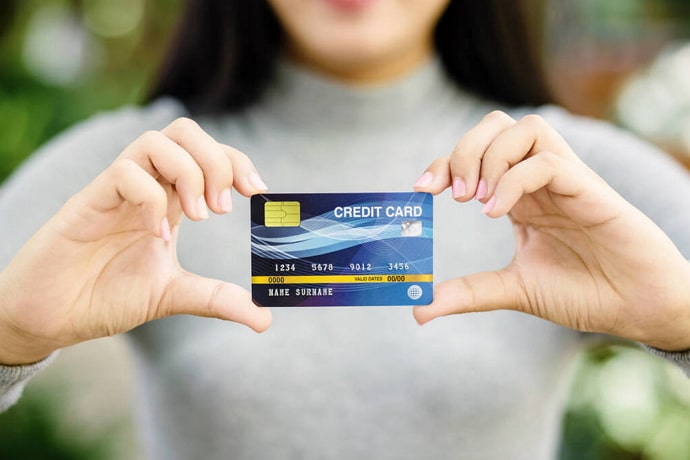Where is Billing Zip Code on Debit Card: If you’re an Indian citizen and you have a proper bank account, I’m sure you already use debit cards. If not, you’re probably already aware of it! Debit cards are the type of cards given to individuals who own a bank account so that they can retrieve money as and when required from their bank account as well as make purchases directly from their bank account.

Every time a debit card is issued to any individual, it contains a five-digit zip code attached to it. This protocol has been added to the cards as a security feature so they can be tracked easily if lost.
Zip code is also known as a postal code, postcode, billing postcode, and billing zip code.
In case of several purchases, you might need to enter either your debit card PIN number or your ZIP code. In some cases, transactions can be made just through your zip code, without the involvement of your PIN code at all!
In this article, we will be looking at what is a zip code on a debit card, where is the zip code on a debit card and other details regarding zip code and debit card!
Sound’s good? Let’s get started.
What is a Zip Code on a Debit Card?
When it comes to a debit card, the zip code is a five-digit number that is usually associated with the billing address of the user. The zip code that is assigned to you usually refers to your billing address code.
If you’re still confused about what your zip code might be, let’s take an example!
Suppose your residential address is 121 Main Lane, San Francisco, CA.
How will the bank determine your zip code?
They determine it based on the zip code of your debit card’s billing address. If the zip code of the said address is 456765, then the zip code of your debit card will also be 456765.
Where is the Zip Code on a Debit Card?
As we said before, the zip code for any debit card is treated as private information. This is why neither is the zip code information available in the bank passbook nor is it embedded on the debit card itself.
This is why it becomes incredibly difficult to extract information regarding a debit zip code of a particular debit card.
How to Find Zip Code for Debit Card
If you have a debit card along with a zip code, it would be best if you could just etch that particular information into your memory and not share this piece of confidential information with anyone unless you absolutely trust them.
This will help you make sure that your debit card cannot be used by anyone without your authorization.
Many a time you might end up misplacing your zip code or forgetting it for some reason. What will you do in that scenario?
Well, you will have to find alternative ways to retrieve your zip code.
Method 1: The first thing that you can do is to try the zip code as your postal zip code. Remember that the zip code that has been attached to your billing address is usually the same one that’s present on your debit card.
Method 2: If you are not aware of the zip code to your billing address, you’ll have to try out other ways to retrieve your zip code. Try contacting your debit card office in order to retrieve accurate information.
Method 3: If neither of these options works out for you, there is a final step that you can take as a last resort. You can check your bank statement as well as your passbook. Usually, these two documents are supposed to contain your billing address. As we have mentioned previously, the said billing address zip code will be the one linked to your debit card as well.
Do All Debit Cards Require A Zip Code?
Although most banks try to implement the procedure of including a zip code on all their debit cards, however, there is always an exception!
Most debit cards do require a zip code in order to add an extra layer of security to your card. However, prepaid debit cards might not fall under this particular category. Prepaid debit cards are paid for, well in advance, as we can deduce from its name. Since there are no recurring bills sent to a particular address every month, these debit cards do not contain a billing address. This is why these debit cards don’t have any zip code attached to them, making them an exception!
While prepaid cards are a good option, most brands do prefer processing cards with zip codes attached to them, as it ensures security and reduces any financial risk factors on them.
Also Read:





 Bitcoin
Bitcoin  Ethereum
Ethereum  Tether
Tether  XRP
XRP  Solana
Solana  USDC
USDC  Dogecoin
Dogecoin  TRON
TRON  Cardano
Cardano